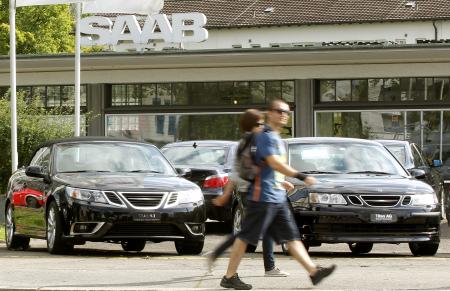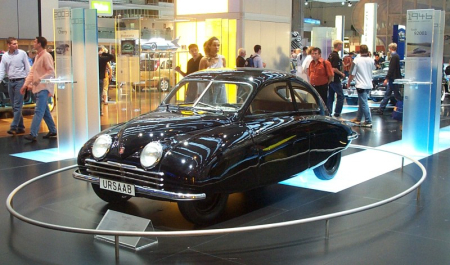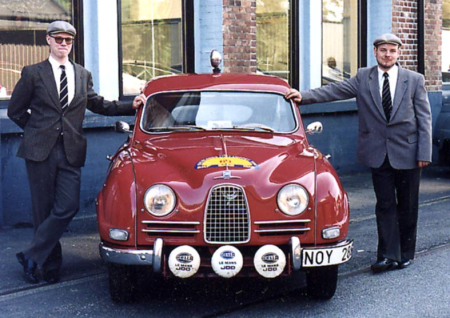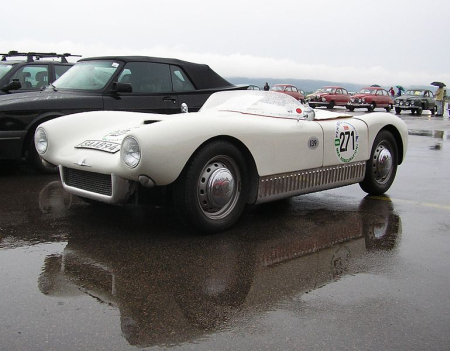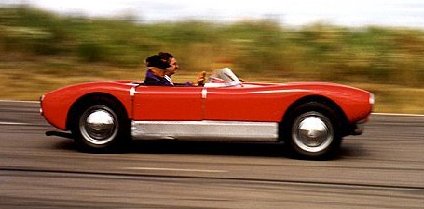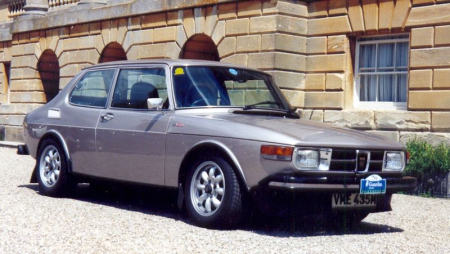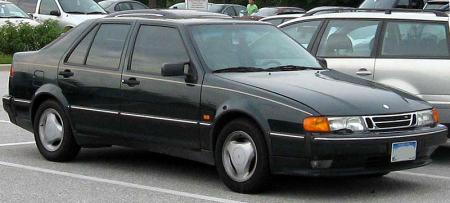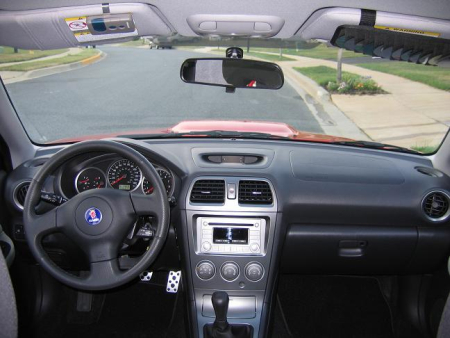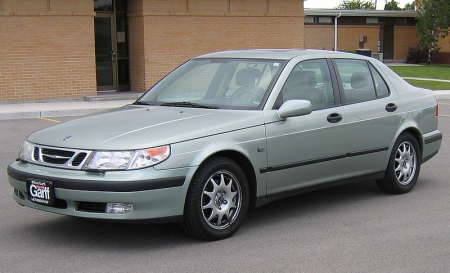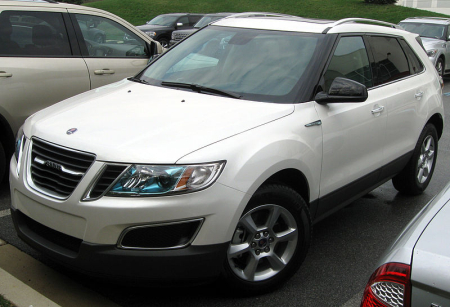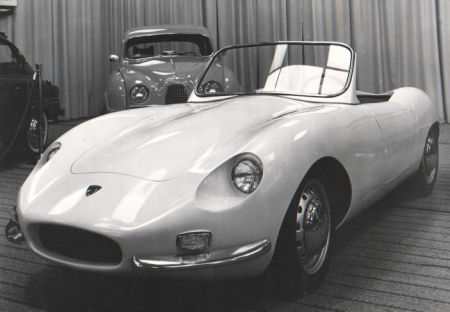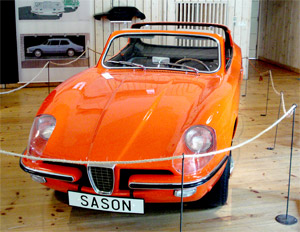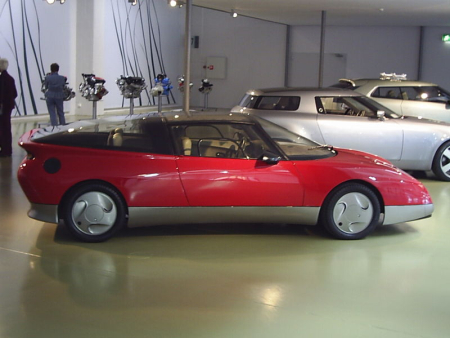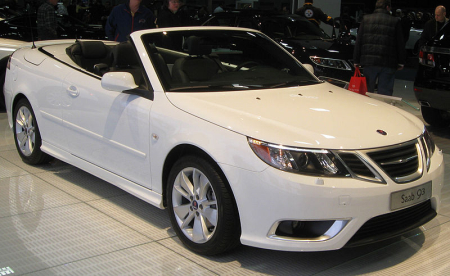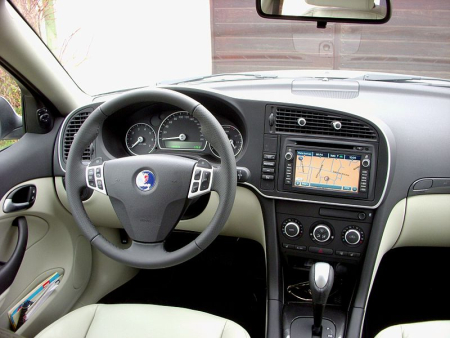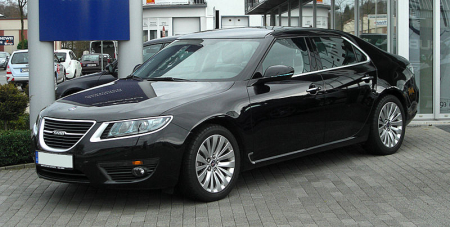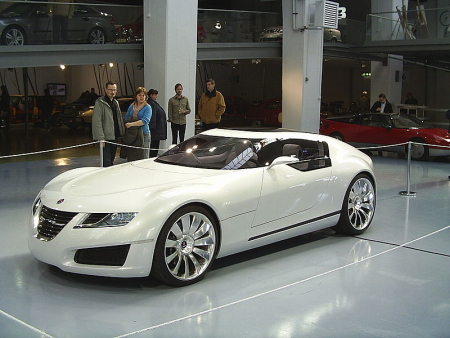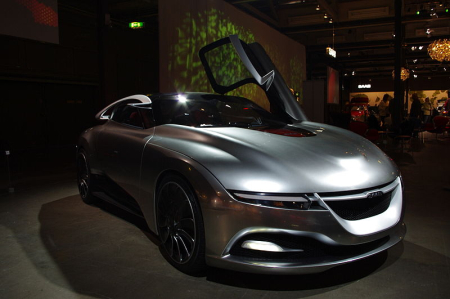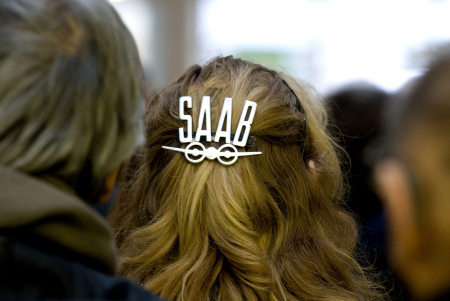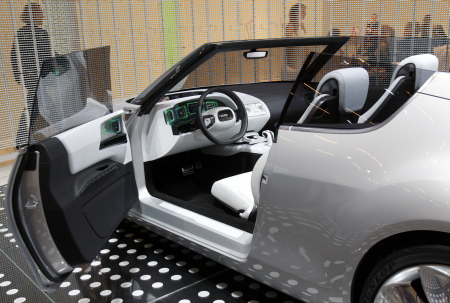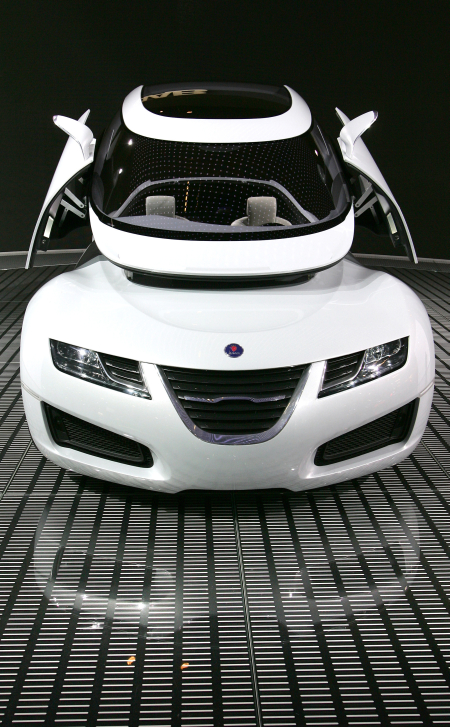 | « Back to article | Print this article |
Amazing and historical photos of Saab's cars
Saab, a Swedish car manufacturer, has filed for bankruptcy following the failure of a Chinese consortium to complete a purchase of the company.
The company was originally a division of Svenska Aeroplan Aktiebolaget, which had been created in 1937 in Linkoping, Sweden.
It had been established in 1937 for the express purpose of building aircraft for the Swedish Air Force to protect the country's neutrality as Europe moved closer to war.
Click NEXT to read more...
Amazing and historical photos of Saab's cars
As the war drew towards a close and the market for fighter planes evaporated, the company began looking for new markets in which to diversify.
It was the exclusive automobile Royal Warrant holder appointed by the King of Sweden.
Click NEXT to read more...
Amazing and historical photos of Saab's cars
In 1944, Project 92 began, with the goal of creating the first Saab passenger car.
The result, the Saab 92001 (or Ursaab), was unveiled three years later, with a design that highlighted the company's roots in aviation.
Notably, the car's drag coefficient of 0.30 was the lowest of any production car of the time.
Click NEXT to read more...
Amazing and historical photos of Saab's cars
Three years into Project 92, a company site in Trollhattan was converted to allow automobile assembly and the project moved there.
The company has remained headquartered there since.
Click NEXT to read more...
Amazing and historical photos of Saab's cars
In 1949, Saab was ready to bring the car to market, and the Saab 92 went into production, selling 20,000 through the mid-1950s.
The 92 was thoroughly redesigned and reengineered in 1955, and accordingly renamed the Saab 93.
Click NEXT to read more...
Amazing and historical photos of Saab
The car's engine gained a cylinder, going from two to three and its front fascia became the first to sport the first incarnation of Saab's trademark trapezoidal radiator grill.
A wagon variant, the Saab 95, was added in 1959. The decade also saw Saab's first foray into performance motoring with the Saab 94, the first of the four Saab Sonetts.
Click NEXT to read more...
Amazing and historical photos of Saab's cars
The year 1960 saw the third major revision to the 92's platform in the Saab 96. The 96 was an important model for Saab: it was the first Saab to be widely exported out of Sweden.
It proved very popular, selling nearly 550,000 units.
Click NEXT to read more...
Amazing and historical photos of Saab's cars
Even more important to the company's fortunes was 1968's Saab 99.
The 99 was the first all-new Saab in 19 years, and unlike its predecessors, severed all ties with the 92.
Click NEXT to read more...
Amazing and historical photos of Saab's cars
The 99 had many innovations and features that would come to define Saabs for decades: wraparound windscreen, self-repairing bumpers, headlamp washers and side-impact door beams.
Click NEXT to read more...
Amazing and historical photos of Saab's cars
The design by Sixten Sason was no less revolutionary than the underlying technology, and elements like the Saab 'hockey stick' profile graphic continue to influence Saab design.
Click NEXT to read more...
Amazing and historical photos of Saab's cars
In 1969, Saab merged with the Swedish commercial vehicle manufacturer Scania-Vabis AB to form Saab-Scania AB.
The 99 range was expanded in 1973 with the addition of a combi coupe model, a body style which quickly became synonymous with Saab.
Click NEXT to read more...
Amazing and historical photos of Saab's cars
Owing to its great success, the millionth Saab was produced in 1976. Saab entered into an agreement with Fiat in 1978 to sell a rebadged Lancia Delta as the Saab 600 and jointly develop a new platform.
Click NEXT to read more...
Amazing and historical photos of Saab's cars
The agreement yielded 1985's Saab 9000, sister to the Alfa Romeo 164, Fiat Croma and Lancia Thema; all rode atop a common Type Four chassis.
The 9000 was Saab's first proper luxury car.
Click NEXT to read more...
Amazing and historical photos of Saab's cars
The year 1978 also was the first year for the 99's intended replacement: the Saab 900. Nearly one million 900s would be produced, making it Saab's best-selling model.
Click NEXT to read more...
Amazing and historical photos of Saab's cars
A popular convertible version followed in 1986, all of which were made at the Saab-Valmet factory in Finland, making up nearly 20 per cent of 900 sales.
Even today, the "classic 900" retains a cult following among enthusiasts.
Click NEXT to read more...
Amazing and historical photos of Saab's cars
In 1989, the Saab car division of Saab-Scania was restructured into an independent company, Saab Automobile AB, headquartered in Sweden; General Motors and Investor AB controlled 50 per cent each.
GM's investment of $600 million gave them the option to acquire the remaining shares within a decade.
Click NEXT to read more...
Amazing and historical photos of Saab's cars
GM's involvement spurred the launch of a new 900 in 1994. The new car shared a platform with the Opel Vectra.
Due in large part to its success, Saab earned a profit in 1995 for the first time in seven years.
Click NEXT to read more...
Amazing and historical photos of Saab's cars
However, the model never achieved the cult following of the "classic 900" and did not achieve the same reputation for quality.
1997 marked Saab's 50th anniversary as an automaker. The company used their jubilee owner's convention to launch a replacement for the ageing 9000: the Saab 9-5.
Click NEXT to read more...
Amazing and historical photos of Saab's cars
General Motors exercised their option to acquire the remaining Saab shares in 2000, spending $125 million to the turn the company into a wholly owned subsidiary.
The newly close relationship yielded its first product in 2003's all-new 9-3.
Click NEXT to read more...
Amazing and historical photos of Saab's cars
The new model, marketed as a sport sedan, dropped Saab's iconic hatchback in favour of a more conventional four-door approach.
The model shared a platform and components with the Vectra again, but the relationship was much closer than had been in the past.
Click NEXT to read more...
Amazing and historical photos of Saab's cars
Under GM's direction, the badge-engineered Saab 9-2X (based on the Subaru Impreza) and Saab 9-7X (based on the Chevrolet Trailblazer) were introduced in the American market in 2005 with the hope of increased sales.
Click NEXT to read more...
Amazing and historical photos of Saab's cars
Both models were a critical and commercial failure and were scrapped a few years after production. GM also delayed the 9-3 wagon by three years, cancelled a 9-5 replacement in 2005 and announced a planned shift of production away from Saab's historic home in Trollhattan to Opel's factory in R sselsheim.
Click NEXT to read more...
Amazing and historical photos of Saab's cars
Owing to fading fortunes across their entire business, GM announced that the Saab brand was "under review" in December 2008, a process which included the possibility of selling or shuttering the carmaker.
Click NEXT to read more...
Amazing and historical photos of Saab's cars
Reportedly, 27 potential buyers emerged, including BMW, Fiat, Geely, Hyundai, Magna, Renault and Tata Motors; serious talks progressed with three bidders: Koenigsegg, Merbanco and Renco Group.
Click NEXT to read more...
Amazing and historical photos of Saab's cars
As the talks progressed, GM's support receded, and the company went into administration, the Swedish equivalent of America's Chapter 11 bankruptcy.
Saab's Managing Director Jan-Ake Jonsson said that this was "the best way to create a truly independent entity that is ready for investment".
Click NEXT to read more...
Amazing and historical photos of Saab's cars
For its part, the Swedish government was reluctant to become involved, with Maud Olofsson, Industry Minister, saying: "The Swedish state and taxpayers in Sweden will not own car factories. Sometimes you get the impression that this is a small, small company but it is the world's biggest automaker so we have a right to make demands.
Click NEXT to read more...
Amazing and historical photos of Saab's cars
On 16 June 2009, Koenigsegg, the Swedish supercar maker, announced their intentions to purchase the brand from GM.
The bid was backed by a group of Norwegian investors and the Chinese car maker Beijing Automotive Industry Holding.
Click NEXT to read more...
Amazing and historical photos of Saab's cars
The following month, both parties announced that GM had consented to the deal. There were outstanding financial details, but a loan from the European Investment Bank was expected to cover them.
Click NEXT to read more...
Amazing and historical photos of Saab's cars
The loan was approved in October, but on November 24, Koenigsegg announced that it had "come to the painful and difficult conclusion that it could no longer carry out the acquisition".
Click NEXT to read more...
Amazing and historical photos of Saab's cars
It was announced on 14 December that the Chinese automaker would acquire the intellectual property rights and production equipment for the previous generation Saab 9-3 and Saab 9-5 in a deal worth about $197 million, which was enough for the company to run for three months.
